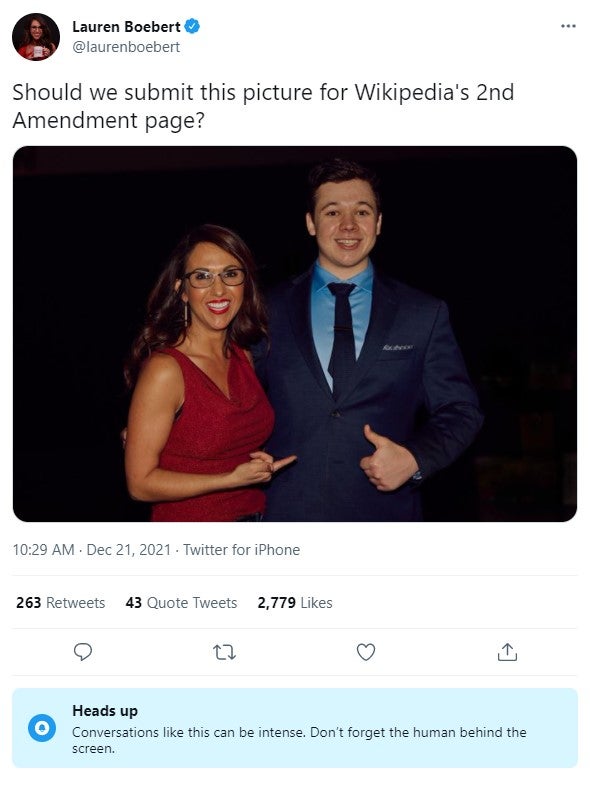Political discourse often brings to light the intricacies of public figures' statements and their implications. In a recent twist, a controversial remark made by Colorado Representative Lauren Boebert has taken center stage in Detroit, sparking heated discussions and debates. Her comments about Minnesota Governor Tim Walz have reverberated across social media platforms, igniting reactions from both supporters and critics alike.
The political landscape is ever-evolving, with each statement carrying potential ramifications that extend beyond its immediate context. As we delve into the details surrounding Boebert's explosive quote concerning Tim Walz and its impact on Detroit, it becomes crucial to dissect the narrative and understand the underlying issues at play. This article explores the complexities of this situation, shedding light on the various perspectives involved.
Unpacking the Misstep: Lauren Boebert’s Claim
Lauren Boebert, known for her outspoken nature, recently found herself at the center of controversy after making a claim about Detroit's crime rates under Governor Tim Walz. During a heated exchange, she stated that under Walz's leadership, Detroit had the highest murder rate in Minnesota. This assertion quickly gained traction on social media, drawing attention from users eager to dissect its validity.
Despite the widespread sharing of this claim, there is no concrete evidence supporting Boebert's statement. Critics argue that such remarks reflect poorly on her understanding of regional statistics and highlight the dangers of misinformation spreading unchecked online. The lack of substantiated data underscores the importance of fact-checking before disseminating potentially misleading information.
In response to the backlash, Boebert faced criticism not only from political opponents but also from those within her own party who emphasized the need for accuracy in public discourse. Her comments serve as a reminder of the responsibility leaders bear when addressing complex societal issues like crime rates, which require careful consideration and informed analysis.
Redefining Political Rhetoric: A Closer Look at Tim Walz
On the other side of the debate stands Minnesota Governor Tim Walz, whose tenure has been marked by efforts to address pressing state issues, including public safety. While Boebert's accusations may have aimed to discredit his administration, they inadvertently brought renewed focus to the challenges facing urban centers like Detroit. Walz's response to these allegations demonstrated his commitment to transparency and accountability.
As Vice Presidential nominee, Walz continues to navigate the complexities of governance while addressing concerns raised by detractors. His approach emphasizes collaboration and evidence-based solutions, aiming to foster trust among constituents. By engaging directly with communities impacted by rising crime rates, he seeks to implement strategies that promote long-term stability and security.
This episode highlights the broader implications of political rhetoric in shaping public perception. As leaders engage in dialogue, it is essential to prioritize constructive conversations over divisive narratives. Through open communication and mutual respect, policymakers can work towards meaningful progress rather than perpetuating misunderstandings.
Exploring the Intersection of Media and Politics
The intersection of media and politics plays a pivotal role in how stories unfold and resonate with audiences. In this instance, Boebert's comments were amplified through platforms like X (formerly Twitter), where they garnered significant attention and sparked intense discussions. Such rapid dissemination exemplifies the power of digital media in influencing public opinion.
However, this same phenomenon also raises questions about the responsibility of content creators and consumers in ensuring accuracy and integrity. With misinformation posing a growing threat to democratic processes, fostering critical thinking skills and encouraging thorough research becomes imperative. Educational initiatives aimed at promoting media literacy could help mitigate the spread of falsehoods.
Ultimately, the interplay between media coverage and political discourse shapes our understanding of current events. By cultivating an environment that values truthfulness and encourages respectful exchanges, society can better navigate the complexities of modern governance and achieve more equitable outcomes for all citizens.

